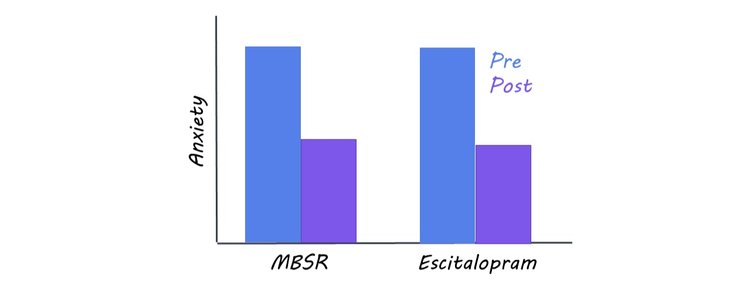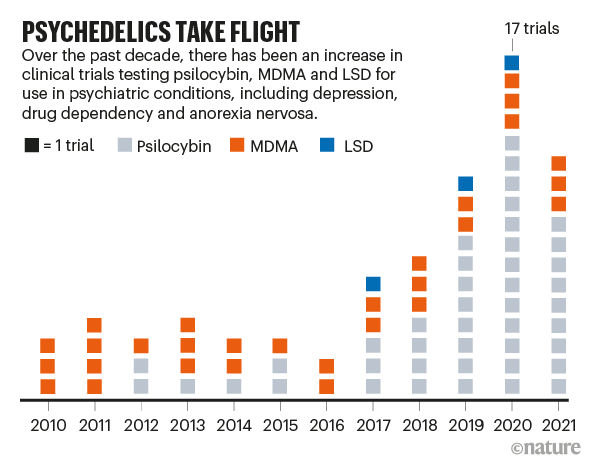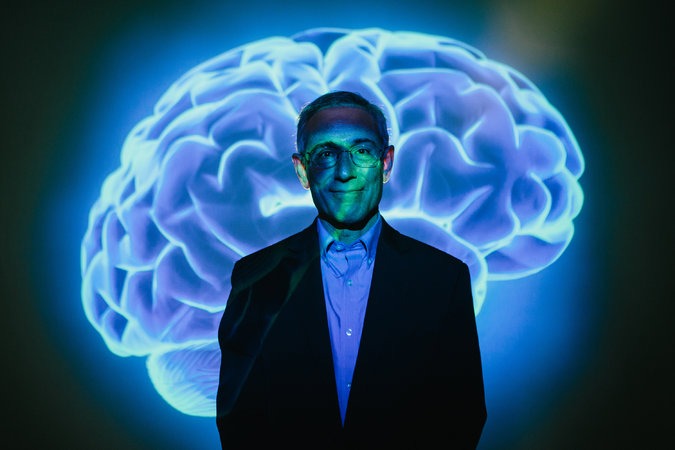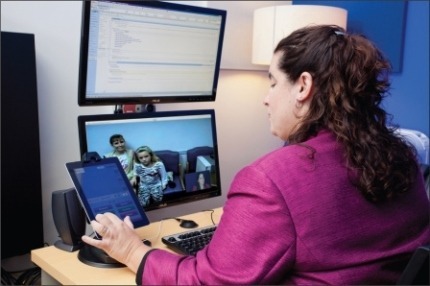Posts Tagged ‘psychiatrist’
8‑week Mindfulness-Based Stress Reduction (MBSR) course found to be as effective as Lexapro (escitalopram) to treat adults with anxiety disorders, and with far fewer side effects
Anxiety is the most common psychiatric disorder, with over 301 million ?people affected around the world. Whether extreme anxiety arises in social situations, is triggered by a particular phobia, or manifests as a general unease in the world, it can severely affect people’s everyday functioning and lead to high levels of distress. Luckily, there are…
Read MorePromote brain plasticity and keep your mind at ease by taking your daily “exercise pill”
As with many other physicians, recommending physical activity to patients was just a doctor chore for me – until a few years ago. That was because I myself was not very active. Over the years, as I picked up boxing and became more active, I got firsthand experience of positive impacts on my mind. I…
Read MoreNext: Psychedelic-assisted psychotherapy?
How ecstasy and psilocybin are shaking up psychiatry (Nature): … The Imperial study was one of a spate of clinical trials launched over the past few years using illicit psychedelic drugs such as psilocybin, lysergic acid diethylamide (LSD) and MDMA (3,4‑methylenedioxymethamphetamine, also known as molly or ecstasy) to treat mental-health disorders, generally with the close…
Read MoreMental Health Innovation and Dr. Tom Insel: from the NIMH to Google/ Verily Life Sciences to Startup Mindstrong
— Former Alphabet exec is working on an idea to detect mental health disorders by how you type on your phone (CNBC): “Can a smartphone detect whether a user is suicidal or depressed? That’s the promise of an exploding number of mental health entrepreneurs, who are exploring opportunities to monitor users’ smartphone behavior to detect…
Read MoreIs Mental Health ready to start transitioning towards measurable brain circuits, away from subjective symptoms?
To Diagnose Mental Illness, Read the Brain (Scientific American): Although scientists have learned a lot about the brain in the last few decades, approaches to treating mental illnesses have not kept up. As neuroscientists learn more about brain circuits, Stanford psychiatrist Amit Etkin foresees a time when diagnoses will be based on brain scans rather…
Read MoreStudy: An innovative telehealth service to provide high quality ADHD treatment
. An unfortunate reality is that many children with ADHD do not have access to high quality, evidence-based treatment for ADHD. This is especially true in rural communities where children are generally treated by primary care providers who may have less ADHD-specific training than child psychiatrists and where
Read More





